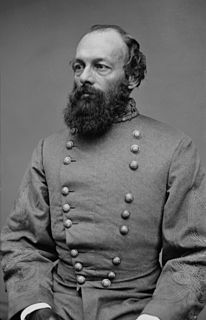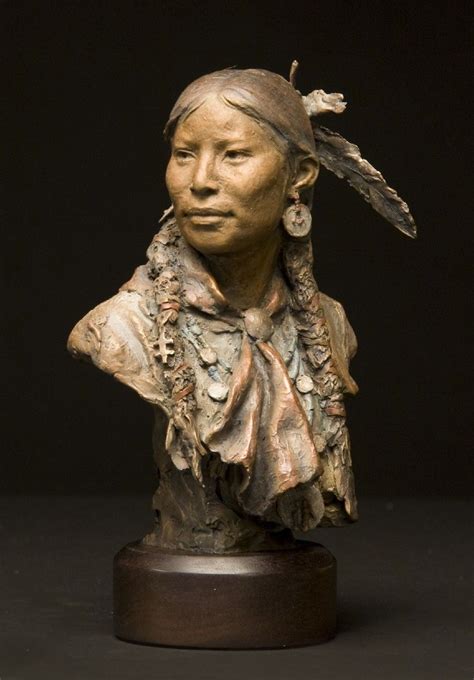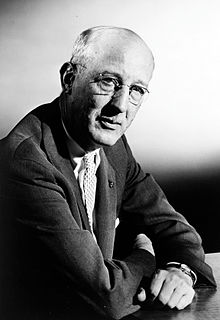A Quote by G. Edward Griffin
Converting the war into an antislavery crusade was a brilliant move on Lincoln's part, and it resulted in a surge of voluntary recruits into the Union army. But this did not last. Northerners may have disapproved of slavery in the South but, once the bloodletting began in earnest, their willingness to die for that conviction began to wane. [...] Lincoln faced the embarrassing reality that he soon would have no army to carry on the crusade.
Related Quotes
I have broken all ties that bind me to the (U.S.) Army, not suddenly, impulsively, but conscientiously and after due deliberation. I sacrifice more to my principles than any other officer in the Army can do. I would rather carry a musket in the cause of the South than be commander-in-chief under Mr. Lincoln.
There were 315,000 slave owners in the Union Army (with 200,000 in the Confederate Army) and the men who walked away from the Union Army were adamantly opposed to freeing slaves. We cite these facts and recorded statistics to point out that the principal cause of the war was not the issue of slavery.
These semi-traitors [Union generals who were not hostile to slavery] must be watched. Let us be careful who become army leaders in the reorganized army at the end of this Rebellion. The man who thinks that the perpetuity of slavery is essential to the existence of the Union, is unfit to be trusted. The deadliest enemy the Union has is slavery - in fact, its only enemy.
Until the early 90s, when I was working on a project about the idea of free will in American philosophy. I knew that Lincoln had had something to say about "necessity" and "fatalism," and so I began writing him into the book. In fact, Lincoln took over. I wrote instead 'Abraham Lincoln: Redeemer President,' in 1999, and I've splitting rails with Mr. Lincoln ever since. If there's a twelve-step process for this somewhere, I haven't found it yet.
Starting in the early 1800s, Southerners in the United States began to defend slavery as their 'peculiar institution,' and northerners didn't mind, since the phrase suggested that chattel bondage was quarantined from the rest of the nation: that it was, or soon would be, a relic of its past and would not define its future.
As you know, you go to war with the army you have, not the army you might want or wish to have at a later time. Since the Iraq conflict began, the Army has been pressing ahead to produce the armor necessary at a rate that they believe - it's a greatly expanded rate from what existed previously, but a rate that they believe is the rate that is all that can be accomplished at this moment.
Lincoln's appeal to "the better angels of our nature" failed to avert a fratricidal war. But the compassionate wisdom of Lincoln's first and second inaugurals bequeathed to the Union, cemented with blood, a moral heritage which, when drawn upon in times of stress and strife, is sure to find specific ways and means to surmount difficulties that may appear to be insurmountable.
The effects which follow too constant and intense a concentration upon evil are always disastrous. Those who crusade, not for God in themselves, but against the devil in others, never succeed in making the world better, but leave it either as it was, or sometimes even perceptibly worse than it was, before the crusade began. By thinking primarily of evil we tend, however excellent our intentions, to create occasions for evil to manifest itself.
In contrast, Western historians, and those in South Korea, say the North attacked the South on June 25, 1950. Both sides agree that after the war began, the North Korean Army captured Seoul in three days and pushed as far south as Pusan before American troops arrived to drive back the North Koreans nearly as far north as the border to China.
































